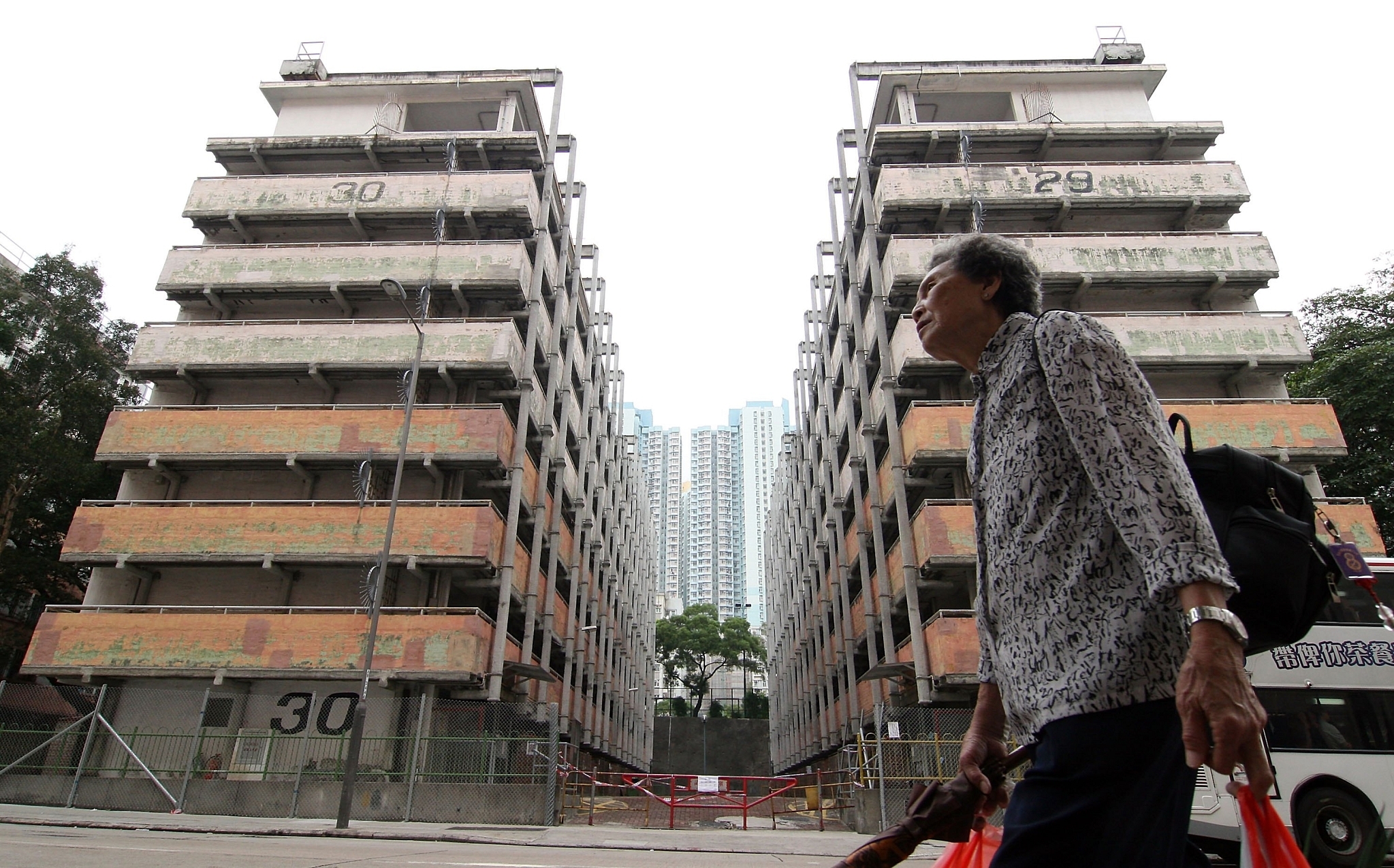Insta
China Stares At A Housing Catastrophe: 55 Million Homes Lie Vacant, At A Non-Occupancy Rate Of 22 Per Cent

Representative Image. (MN Chan/Getty Images)
According to a nationwide study conducted by Professor Gan Li, 50 million homes in China lie vacant. That represents a vacancy rate of around 22 per cent, as reported by The Economic Times (ET). The soon-to-be-published study utilises data from a 2017 survey.
Such a high proportion of empty houses and apartments could soon turn into an economic catastrophe. If the owners of these residences lose faith in the market and believe that the prices will start dropping, it could trigger a nationwide sell-off. Thus, with more number of houses on sale in the market, prices will crash, and investors will have to suffer heavy losses.
“There’s no other single country with such a high vacancy rate. Should any crack emerge in the property market, the homes to be offloaded will hit China like a flood,” Gan, Chengdu’s Southwestern University of Finance and Economics, commented.
Though an economy can sustain a healthy level of vacancy rate, a large number of empty houses also create inefficiencies in the market. With high vacancies, the supply of new dwellings is restricted, and this artificially inflates housing property prices.
Economists across the world have repeatedly warned that China might be headed for a Minsky Moment. According to it, excessive speciation in any asset class (in this case, real estate) leads to instability in the market, leading to a bust in prices. During a boom period, investors take loans to buy assets at extremely high and unjustified prices. However, the boom period cannot exist forever, and soon, when the market corrects itself, prices start falling.
Now, investors who had borrowed money previously at high rates of interest are unable to pay back their loans because no one is willing to pay astronomical prices for junk assets. Thus, the bubble bursts and the recession starts.
Support Swarajya's 50 Ground Reports Project & Sponsor A Story
Every general election Swarajya does a 50 ground reports project.
Aimed only at serious readers and those who appreciate the nuances of political undercurrents, the project provides a sense of India's electoral landscape. As you know, these reports are produced after considerable investment of travel, time and effort on the ground.
This time too we've kicked off the project in style and have covered over 30 constituencies already. If you're someone who appreciates such work and have enjoyed our coverage please consider sponsoring a ground report for just Rs 2999 to Rs 19,999 - it goes a long way in helping us produce more quality reportage.
You can also back this project by becoming a subscriber for as little as Rs 999 - so do click on this links and choose a plan that suits you and back us.
Click below to contribute.
Latest